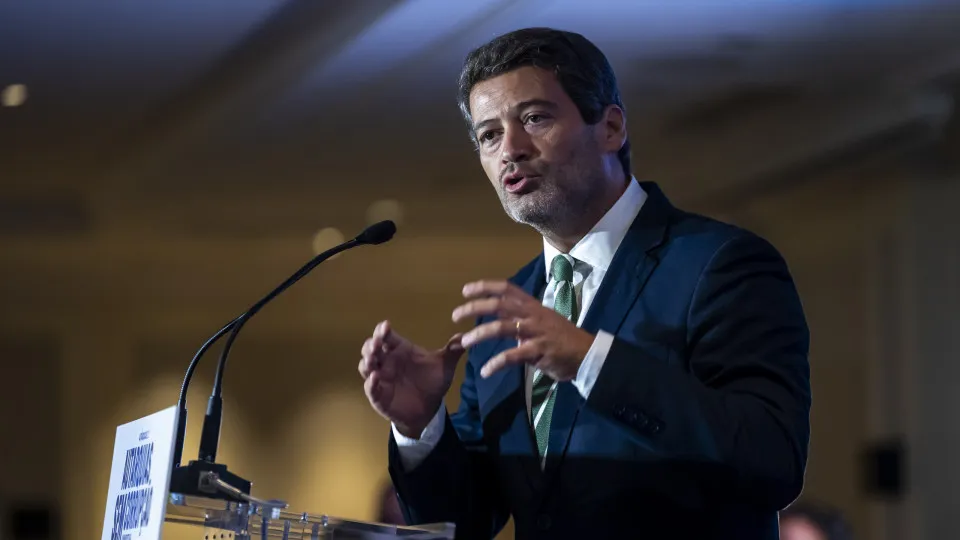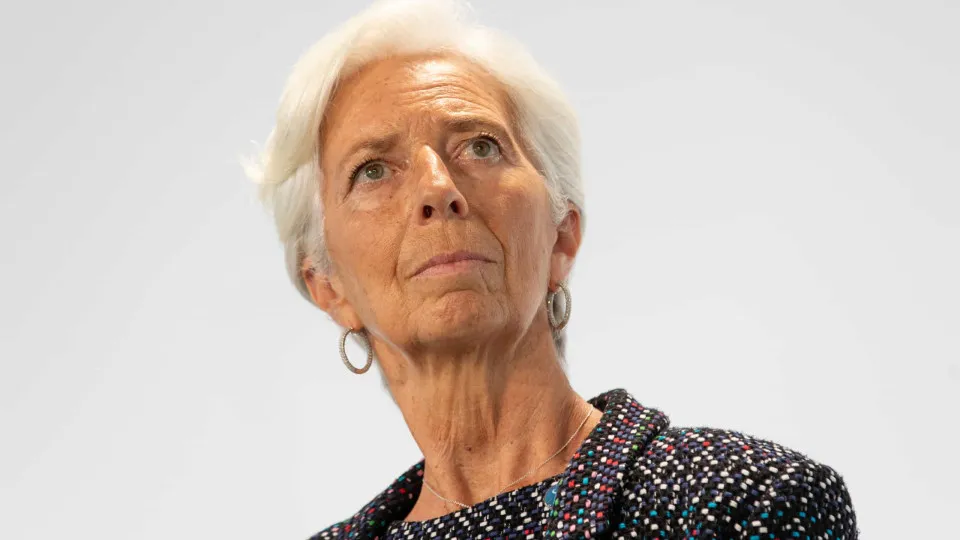
“The subjects that were once in distinct sectoral domains, telecommunications, audiovisual content, and advertising, now interact in an interdependent regulatory context, requiring continuous dialogue between regulators, governments, and operators,” stated the president of the National Communications Authority (Anacom).
Speaking at the “Social Communication and the Digital Future” conference organized by the ERC in Lisbon, Sandra Maximiano highlighted that Portugal faces three “major challenges” in implementing the legislative framework.
The first challenge is “regulatory coherence,” with Anacom asserting that “solid coordination between regulators,” particularly with the Media Regulatory Authority (ERC), National Data Protection Commission (CNPD), and the Competition Authority (AdC), “is essential to promote legal certainty and trust among citizens and companies.”
The second challenge, according to the president of the regulator, is “institutional and technical capacity,” recognizing that “technological innovation in areas such as artificial intelligence (AI), network security, data management, and the integrity of digital platforms demands specialized skills and continuous investment in knowledge.”
Sandra Maximiano argues that “modern regulation should be evidence-based” and “supported by data,” focusing on outcomes.
The third challenge is “proximity to citizens.” “Public trust is the greatest asset of any regulatory entity,” the president affirmed.
The Anacom leader noted that the European legislative framework, through “instruments like the European Electronic Communications Code and soon the Digital Networks Act (DNA), the Digital Service Act (DSA), the Digital Markets Act (DMA), the European Media Freedom Act (EMFA), and the AI Act” constitute a comprehensive normative set that “redefines the responsibilities of national authorities.”




